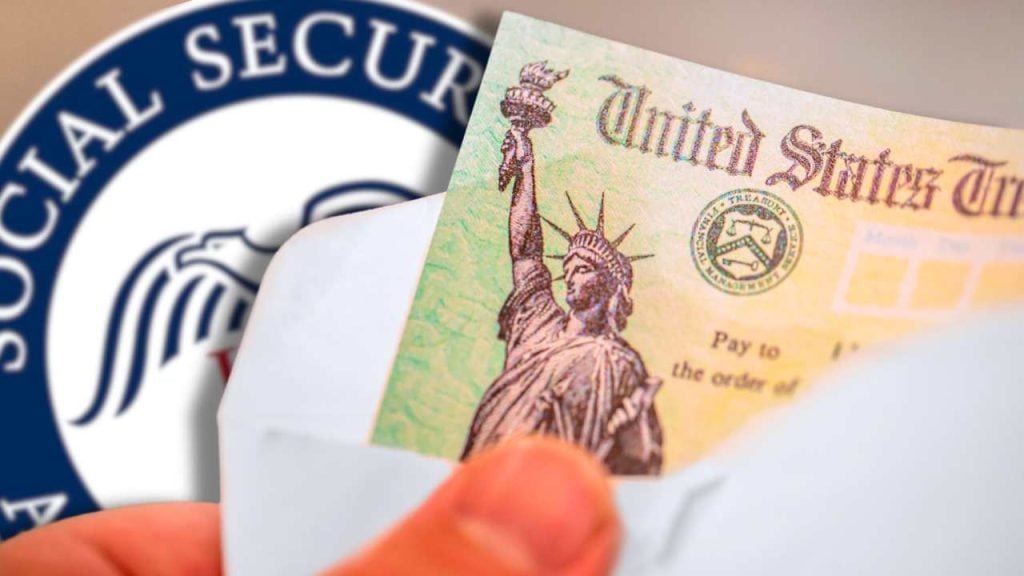Supplemental Security Income (SSI) beneficiaries will not receive their payments corresponding to the month of june. This rarely happens during the year, but it doesn’t mean you’ll lose money. This change is due to the fact that June 1 falls on a Sunday.
The Social Security Administration (SSA) follows established protocols for these cases in which benefits are transferred to avoid delays. When the scheduled payday is a Saturday or Sunday, deposits are made on the preceding business Friday: SSI payments are done every month in the first day o each.
This is the case for June 2025, when the Friday before the 1st is May 30. Therefore, SSI payments for June will be issued on that Friday, May 30.
Maximum SSI benefit amounts increased in 2025
The maximum standard federal benefit for a single SSI recipient in 2025 is $967 per month. This amount represents the maximum assistance possible under federal regulations in effect for that fiscal year.
For married couples living together where both spouses are eligible for SSI, the maximum joint payment is set at $1,450 per month. This amount is specifically for couples who share a household and meet the program criteria.
These base amounts may be reduced based on the beneficiary’s other income or resources. The SSA uses calculation formulas that consider countable income and specific life situations to determine the actual payment.
Qualifying for SSI: Basic Eligibility Requirements
SSI eligibility in 2025 follows strict criteria based on age, disability or blindness, and economic status. Applicants must be U.S. citizens or foreign nationals in specific legal categories.
Resource limits are essential. A single individual cannot have countable resources exceeding $2,000. For married couples who live together and both apply, the joint limit is $3,000.
Cash in the beneficiary’s possession, bank accounts, stocks, bonds, and property not used as a primary residence are counted as countable resources. A primary residence and a daily-use vehicle, under certain conditions, are generally excluded and do not impact the SSI eligibility.
Income received, such as salaries, services rendered in exchange for payment, pensions, and in-kind benefits, is also taken into account.
The calculated benefit is obtained by subtracting “countable income” (total income less applicable exclusions) from the maximum standard federal benefit ($967 for an individual / $1,450 for a couple). If income exceeds the standard, there is no SSI payment.
Other factors affecting SSI eligibility
The state of residence may affect the final payment. Some states provide an additional supplement to the basic federal SSI benefit. These state supplements vary significantly in amount and requirements.
Living situation also has a significant impact on eligibility. People who receive “free room and board” in someone else’s home can see their SSI benefits reduced by up to one-third of the standard federal amount.
